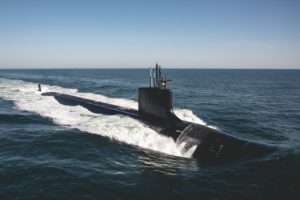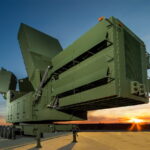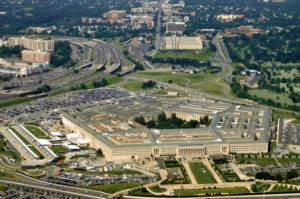
The U.K.’s top military official said Tuesday he believes pace and industrial capacity are the two largest challenges to address in assisting Australia’s pursuit of nuclear-powered submarines over the next year and a half as part of the new AUKUS trilateral security partnership. “The next 18 months, or I guess now the next 16 months, are going to be focused on how one makes sure those sorts of things are properly put to bed. But, yes, I think those are…

 By
By 











